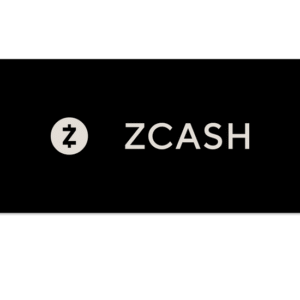$KCZ25 $RMX25 #CoffeeNews #CommodityTrading #MarketTrends #CoffeeLovers #TariffExemption #USLawmakers #CoffeePrices #EconomicImpact #GlobalMarkets #Agriculture
Will Falling Coffee Prices Save You Money on Your Next Cup?
In recent coffee news, December arabica coffee futures (KCZ25) experienced a significant decline, closing down -14.35 points, or -3.77%. Meanwhile, November ICE robusta coffee futures (RMX25) fell even more sharply, down -312 points, translating to a -7.02% decrease. This dramatic drop in coffee prices has many consumers wondering how these changes could impact their daily caffeine fix.
The plunge in coffee prices comes after reports surfaced that US lawmakers are considering a bill to exempt coffee-product imports from existing tariffs. This potential legislative change has created a ripple effect in the coffee market, leading to the lowest prices seen in a month. As coffee becomes less expensive to import, it raises questions about how these savings might be passed down to consumers.
Understanding the Tariff Impact on Coffee Prices
Tariffs have long been a contentious issue in trade negotiations, affecting various sectors, including agriculture and commodities. By exempting coffee imports from tariffs, lawmakers aim to provide relief to consumers facing rising prices. The proposed bill reflects a growing awareness of the challenges posed by inflation and supply chain disruptions, particularly in the context of essential goods like coffee.
Moreover, as coffee prices decline, consumers might see a slight reduction in prices at their local coffee shops and grocery stores. However, the extent of this savings remains uncertain. Factors such as regional supply chain dynamics, pricing strategies of coffee retailers, and consumer demand all play a critical role in determining how much of this decline will benefit the average coffee drinker.
Global Coffee Market Dynamics
The global coffee market is influenced by several factors, including weather conditions, production yields, and geopolitical events. For instance, adverse weather patterns in major coffee-producing countries can lead to supply shortages, driving up prices. Conversely, favorable conditions, such as an increase in production, can lead to price drops like those currently observed.
Additionally, the potential tariff exemptions could enhance competition among coffee retailers, forcing them to adjust prices to attract consumers. As the market adjusts to these changes, it is essential to monitor how the supply chain evolves and how this affects overall pricing strategies.
What This Means for Coffee Consumers
For coffee enthusiasts, the current trend presents an opportunity to enjoy their favorite brews at potentially lower prices. However, it is crucial to remain informed about how these developments unfold. While the tariff exemption bill may lead to immediate price reductions, other market dynamics could offset these gains.
As consumers navigate the coffee landscape, staying updated through reliable coffee news sources and market analyses will be key. Additionally, the broader economic implications of these changes cannot be overlooked, as they may reflect larger trends in consumer behavior and spending.
In conclusion, while the recent decline in coffee prices is promising for consumers, the actual savings may vary based on several factors. As lawmakers work on tariff exemptions, it will be interesting to see how these developments shape the coffee market in the coming months. For more insights on market trends and economic impacts, check out our stock analysis.
Ultimately, whether this translates into savings for your next cup of coffee remains to be seen, but the potential for change is certainly brewing.











Comments are closed.